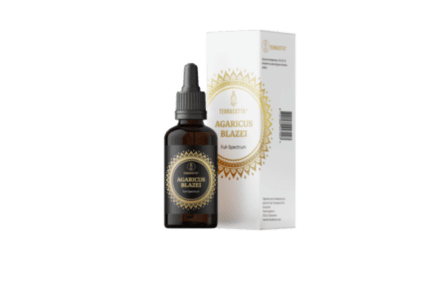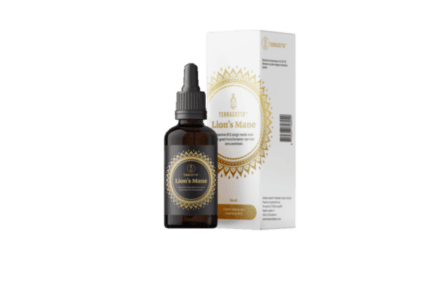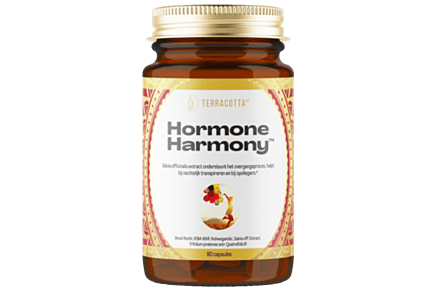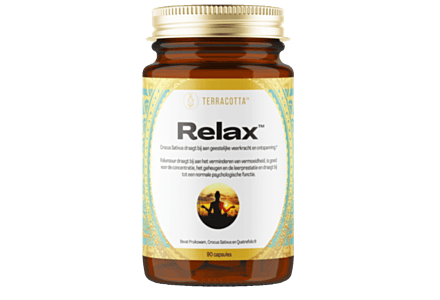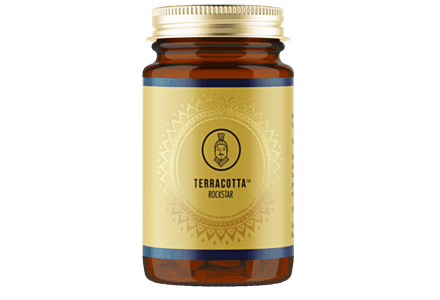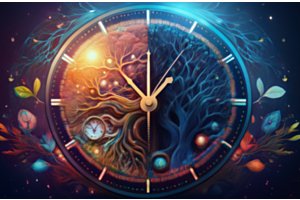
The world of medicinal mushrooms is ancient, mysterious and more current than ever. While traditional cultures have been using them to support the body and mind for thousands of years, more and more people in Europe are discovering their value within a natural lifestyle. But who will help you navigate this fascinating field? Meet the mycotherapist: a specialist in applying mushrooms for health and balance. In this blog, you'll read what mycotherapy means, where it comes from and what exactly a mycotherapist does.
What is Mycotherapy
Mycotherapy is a form of nature-based therapy that uses medicinal mushrooms to naturally support the body. The term is derived from the Greek mykes (mushroom) and therapeia (treatment). In practice, this means that mushrooms containing specific bioactive compounds - such as polysaccharides, beta-glucans and triterpenes - are used to supplement a healthy lifestyle. Mycotherapy focuses on strengthening and supporting the body's self-healing ability.
Although the effects of medicinal mushrooms have been recognized for centuries in traditional Asian medicine, mycotherapy in Europe is still relatively in its infancy. Yet interest is growing: more and more people are seeking natural forms of support, and therapists are discovering the versatility of mushrooms as part of a holistic treatment plan.
The Origins of Mycotherapy
Although mycotherapy is relatively new in Europe, the use of medicinal mushrooms has a long tradition worldwide. Mushrooms have held an important place in Traditional Chinese Medicine (TCM) for thousands of years. Species such as Reishi (Ling Zhi), Shiitake and Cordyceps are traditionally used there to strengthen the body, support life energy (Qi) and bring balance to the internal system. Also in Japan and Korea, extracts from mushrooms have been part of both traditional and modern medicine for decades. Within traditional systems in Chinese medicine, medicinal mushrooms are often used to support the immune system and the body's natural cleansing processes.
A telling example is the use of PSK (Polysaccharide-Krestin), an extract from the mushroom Coriolus versicolor. In Japan, this extract is officially recognized as a medicine and used as a complementary treatment for certain cancers. Although this use is officially recognized in Japan, PSK is not registered as a medicine in Europe and thus is not officially approved for medical use.
In the West, scientific interest in these bioactive compounds is growing, but within European regulations, such uses are not (yet) recognized as medical treatment. This makes mycotherapy in Europe primarily offered as complementary, nature-based support within a broader health plan.
What does a Mycotherapist do?
A mycotherapist specializes in using medicinal mushrooms as part of a nature-based, holistic approach to health. The mycotherapist looks at the whole: lifestyle, nutrition, energetic balance and any disturbances in the body. Based on a comprehensive intake and analysis, the therapist draws up a personal recommendation, in which specific mushrooms can be used to complement diet and lifestyle adjustments.
The therapy is always individually tailored: for example, some people seek support for fatigue or stress, others want to strengthen their overall vitality. The mycotherapist guides clients in restoring or maintaining balance on a physical and mental level. In some cases, there is collaboration with other complementary or regular health care providers, provided the client benefits and is open to it.
For whom is mycotherapy suitable
Mycotherapy is basically suitable for anyone seeking natural, holistic support for their health. Because the therapy is tailored to the personal situation, it can be of interest to people with a variety of needs: from reduced vitality or stress-related complaints to supporting the overall balance of the body. People who want to work preventively on their resistance or resilience can also benefit from guidance from a mycotherapist.
Legal frameworks and nuance
In Europe, the use of medicinal mushrooms is subject to strict regulations. Although scientific research into the bioactive substances in mushrooms is increasing worldwide - especially in Asia and North America - in the European Union, no medical claims can be made about them until they have been approved by the European Food Safety Authority (EFSA). Also, some mushrooms or extracts fall under the so-called Novel Food Regulation, which means they cannot simply be marketed as foods or supplements, pending European approval.
Therefore, a mycotherapist focuses on supporting the body within the framework of nature-based therapy. Careful language and transparent communication are essential in this.
This blog is therefore intended to be informative only and does not replace medical advice. In case of medical complaints or doubt, it is important to always contact a (family) physician or health professional.
Conclusion
Mycotherapy offers a natural, holistic approach to wellness, harnessing the power of medicinal mushrooms to support the body's self-healing ability. The role of the mycotherapist is essential here: not as a healer, but as a facilitator who looks at the whole of lifestyle, balance and well-being. Although legislation in Europe restricts making medical claims, interest in mushrooms and their unique properties is growing worldwide.
At Meditech Europe, we share that fascination. That's why we offer a selection of high-quality medicinal mushrooms from Terracotta through our website. Do you have questions about their use or want to know more about mycotherapy? Feel free to contact us, we are happy to think with you.
